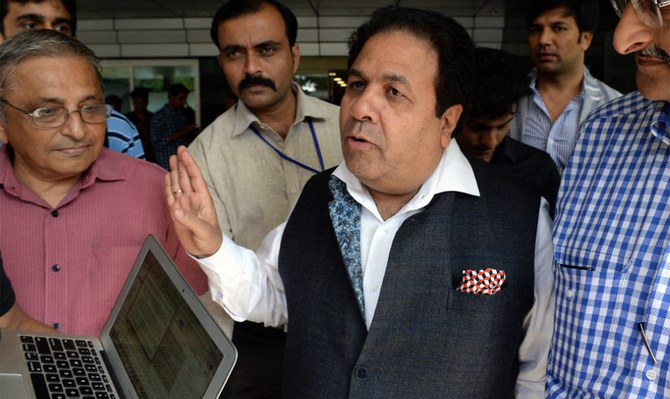ISLAMABAD: A senior official of the Indian cricket board this week confirmed that it would send its team next year to Pakistan for the Champions Trophy tournament only if its central government gave it permission to do so.
Pakistan is expected to host the ICC Champions Trophy 2025 tournament from February to March 2025. The Pakistan Cricket Board (PCB) has proposed three venues for the tournament— Lahore, Karachi and Rawalpindi, according to local and international media reports. However, out of the eight participating teams, a question mark looms over whether the Indian cricket team will travel to Pakistan for the tournament.
The last time an Indian cricket team traveled to Pakistan for a cricket event was in 2008 for the Asia Cup. The Nov. 26 2008 Mumbai attacks caused a severe strain in India-Pakistan relations, forcing both teams to play against each other only during international events and at “neutral venues.”
As hosts of the Asia Cup last year, Pakistan were forced to agree to a hybrid model according to which India played all of their matches, including those against Pakistan, in Sri Lanka. Though Pakistan raised the prospect of a hybrid model for their presence in the ODI World Cup in India last year, they ended up playing all their games in the neighboring country.
“In the case of the Champions Trophy, we will do whatever the government of India will tell us to do,” Rajeev Shukla, vice president of the Board of Control for Cricket in India (BCCI) told Indian news agency ANI on Monday.
“We send our team only when the government of India gives us permission.”
According to cricket website ESPNcricinfo, Pakistan has proposed hosting all of India’s Champions Trophy matches in the eastern city of Lahore. The website reported that hosting all of India’s matches in Lahore would mean less logistical and security headaches around their travel. Additionally, the Wagah border crossing in Lahore allows Indian fans a relatively easier option to visit.
Pakistan are defending champions of the ICC Champions Trophy. The green shirts won the trophy under former captain Sarfaraz Ahmed in 2017 at The Oval in London after thrashing India by 180 runs to win the tournament. Champions Trophy 2017 was thought to be the last edition of the tournament until the ICC brought it back in the new rights cycle (2023-2027) and awarded Pakistan the hosting rights for the 2025 edition.















